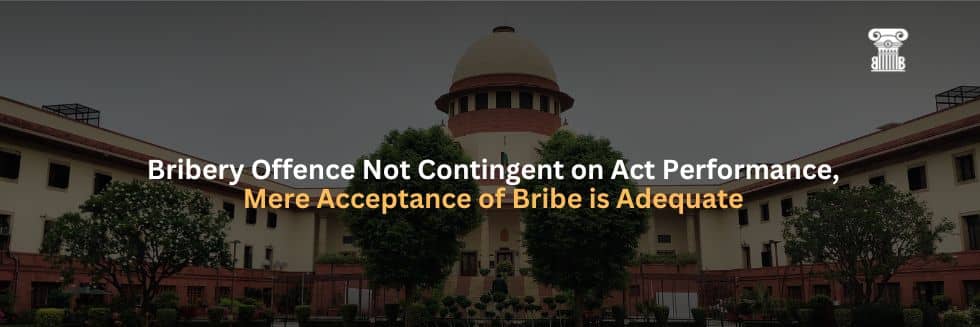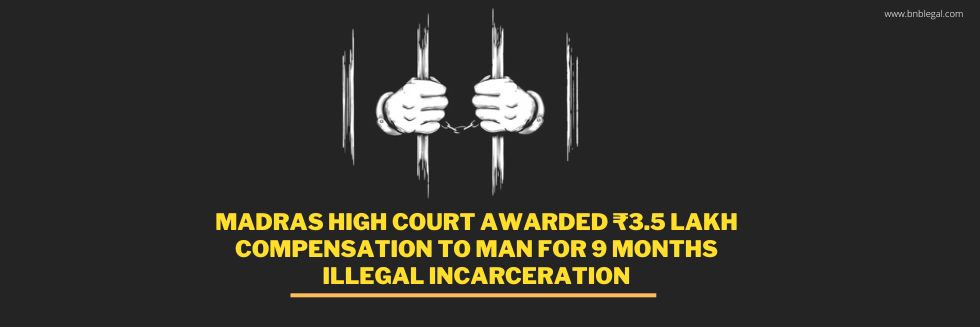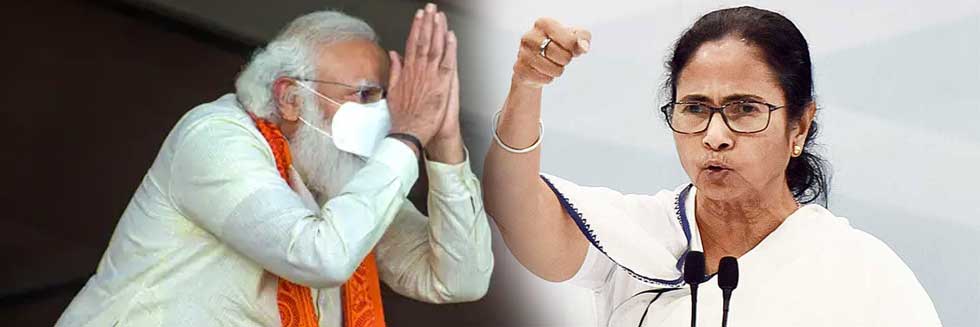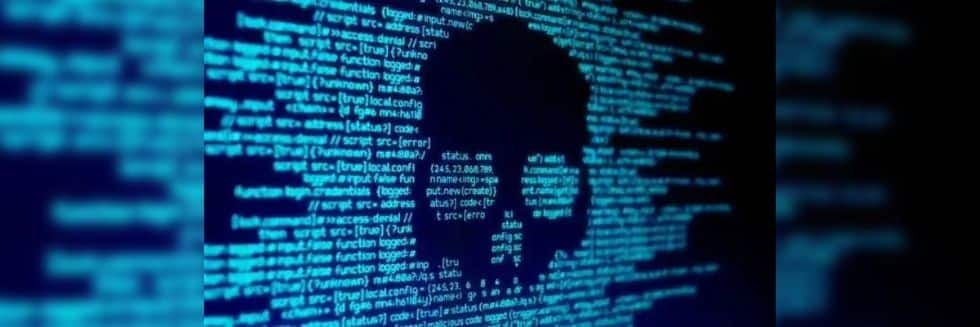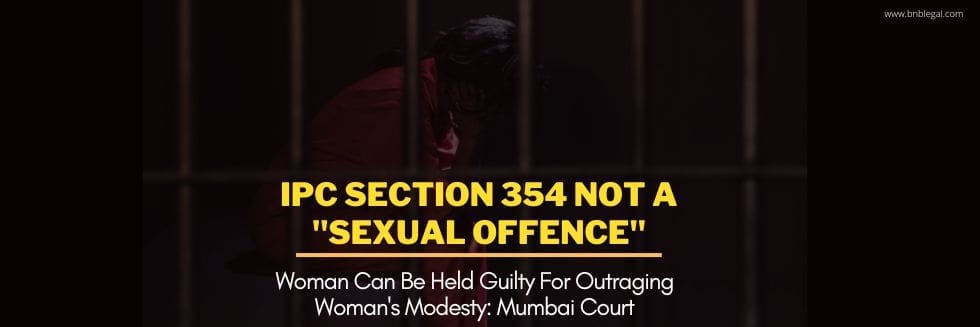In the case of Sita Soren v. Union of India, the Supreme Court clarified that the offence of bribery is established upon the acceptance of a bribe regardless of whether the promised action is carried out. The appellant, a member of the Legislative Assembly accused of accepting a bribe for her vote sought protection under Article 194(2) of the Indian Constitution. However, the Court ruled that bribery is complete upon acceptance of illegal gratification separate from legislative privileges. This landmark judgment by a 7-judge Constitution Bench sets a precedent that legislators accepting bribes cannot invoke legislative privileges under Articles 105 or 194 of the Indian Constitution.
CASE DETAILS:
Sita Soren v. Union of India
Criminal Appeal No. 451 of 2019
Supreme Court
Coram: 7-judge Constitution Bench led by the Chief Justice of India
BRIEF FACTS:
- The appellant, a member of the Legislative Assembly of Jharkhand representing the Jharkhand Mukti Morcha was accused of accepting a bribe from an independent candidate in exchange for her vote.
- However, during the voting for the Rajya Sabha seat, she did not vote for the alleged bribe giver but instead voted for a candidate from her own party. Subsequently, the election round in question was annulled and a fresh election was conducted during which the appellant again voted for the candidate from her own party.
- The allegation against the appellant is that she accepted a bribe from an independent candidate for casting her vote in his favour.
- The appellant sought to quash the chargesheet and the criminal proceedings against her claiming protection under Article 194(2) of the Constitution citing the judgment of the Constitution bench in PV Narasimha Rao v. State (CBI/SPE). However, the High Court refused to quash the proceedings stating that since the appellant did not vote for the alleged bribe giver, she was not entitled to protection under Article 194(2).
- A two-judge bench of the Supreme Court before which the appeal was brought deemed the issue as “substantial and of general public importance” and referred it to a larger bench of three judges in September 2014.
- Subsequently, in March 2019, a three-judge bench considering the appeal noted given the significance and public importance of the issue, the bench decided to refer the matter to a larger bench.
- Finally, in September 2023, a five-judge bench of the Supreme Court expressed prima facie doubts about the correctness of the decision in PV Narasimha Rao (supra) and referred the matter to a larger bench of seven judges.
OBSERVATIONS:
Referring to the illustrations of the provision, the Court emphasized that the offence of bribery is established upon the exchange of the bribe and does not necessitate the actual execution of the act. In line with the 2022 Constitution Bench judgment in Neeraj Dutta v. State (NCT of Delhi), the Court clarified that the commission or omission of the official act is not a fundamental aspect of the offence. It suffices that the illegal gratification is obtained as a motive or reward regardless of whether the action or omission is carried out.
The Court further explained that when it affirms that the offence of bribery is consummated upon the acceptance or attempted acceptance of undue advantage, it inherently removes the offence from the scope of Articles 105(2) and 194(2). This is not due to the occurrence of the acceptance of undue advantage outside the legislature but rather because the offence is detached from the vote or speech protected by Articles 105(2) and 194(2). The extent of parliamentary privilege is intricately connected to the connection of the act with the ‘vote’ or ‘speech’ and the conduct of parliamentary affairs.
JUDGEMENT:
The Supreme Court emphasized that the offence of bribery is deemed complete upon the acceptance of illegal gratification irrespective of whether the promised action is carried out. This assertion came in a landmark judgment by a 7-judge Constitution Bench which ruled that legislators who accept bribes in exchange for votes or speeches in the legislature cannot invoke legislative privileges under Articles 105 or 194 of the Constitution.
